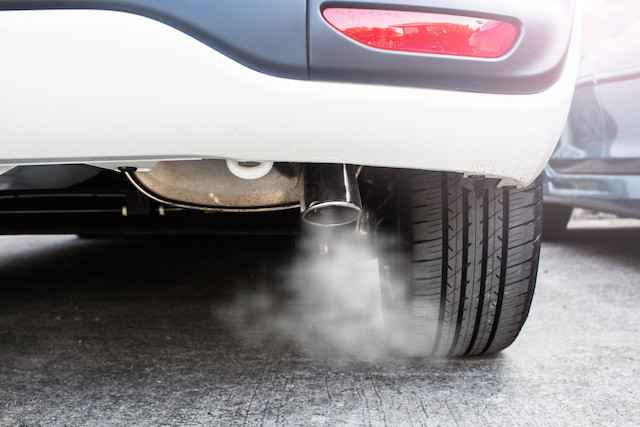Transport fuel sales account for two thirds of the country’s carbon emissions and with Luxembourg offering among the cheapest fuel prices in western Europe, the government made an emergency stop in order to reach the target for reducing emissions by 20% compared to its 2005 levels.
At the end of 2019, it announced plans for an excise duty increase, of 1-3 cents on petrol and 3-5 cents on diesel, planned for spring 2020, an announcement that provoked outrage from motoring association the ACL, who called for a re-evaluation of the timeframe of this and other transport-related measures which hit consumers' pockets.
Off-target for climate goals
Justifying the decision in a joint response to a parliamentary question from François Benoy (green) (published 24 December 2019), environment minister Carole Dieschbourg (green), energy minister Claude Turmes (green) and finance minister Pierre Gramegna (DP) explained that left unchecked, attractive fuel rates in Luxembourg reduced the country’s chances of achieving its climate goals.
The country had been on target when it came to transport emissions from 2013 to 2016, a period during which it created a reduction reserve equivalent to 1.6 million tonnes of CO2. But, the quantity of fuel sold from 2017 to 2018 increased and was followed by a spike in consumption in 2019, ahead of a 1 cent increase in petro and 2 cent increase in diesel prices from 1 May 2019. The result, the ministers say, will likely wipe out any reserves by the end of 2019.
“It means that a marked reduction in emissions from 2019 to 2020 in the order of 1 million tonnes will be required to ensure the objectives agreed by communities are met,” the three wrote, adding: “The current evolution of fuel sales poses a threat to achieving Luxembourg’s goals in relation to CO2 reduction and energy efficiency for 2020.”
Boost in fuel sales
From May to November 2019, Luxembourg recorded a slight drop in fuel sales of -1.1% overall (-2.5% for diesel but +5.3% for petrol). But sales rose 11.3% in the first four months of 2019, compared to the same period in 2018.
“It is almost certain that sales for 2019 will be the highest since 2012,” the ministers concluded.
The proceeds from the 2020 excise duty hike are expected to be directed into measures supporting the transition to non-carbon based energy infrastructure and measures promoting social equality.
